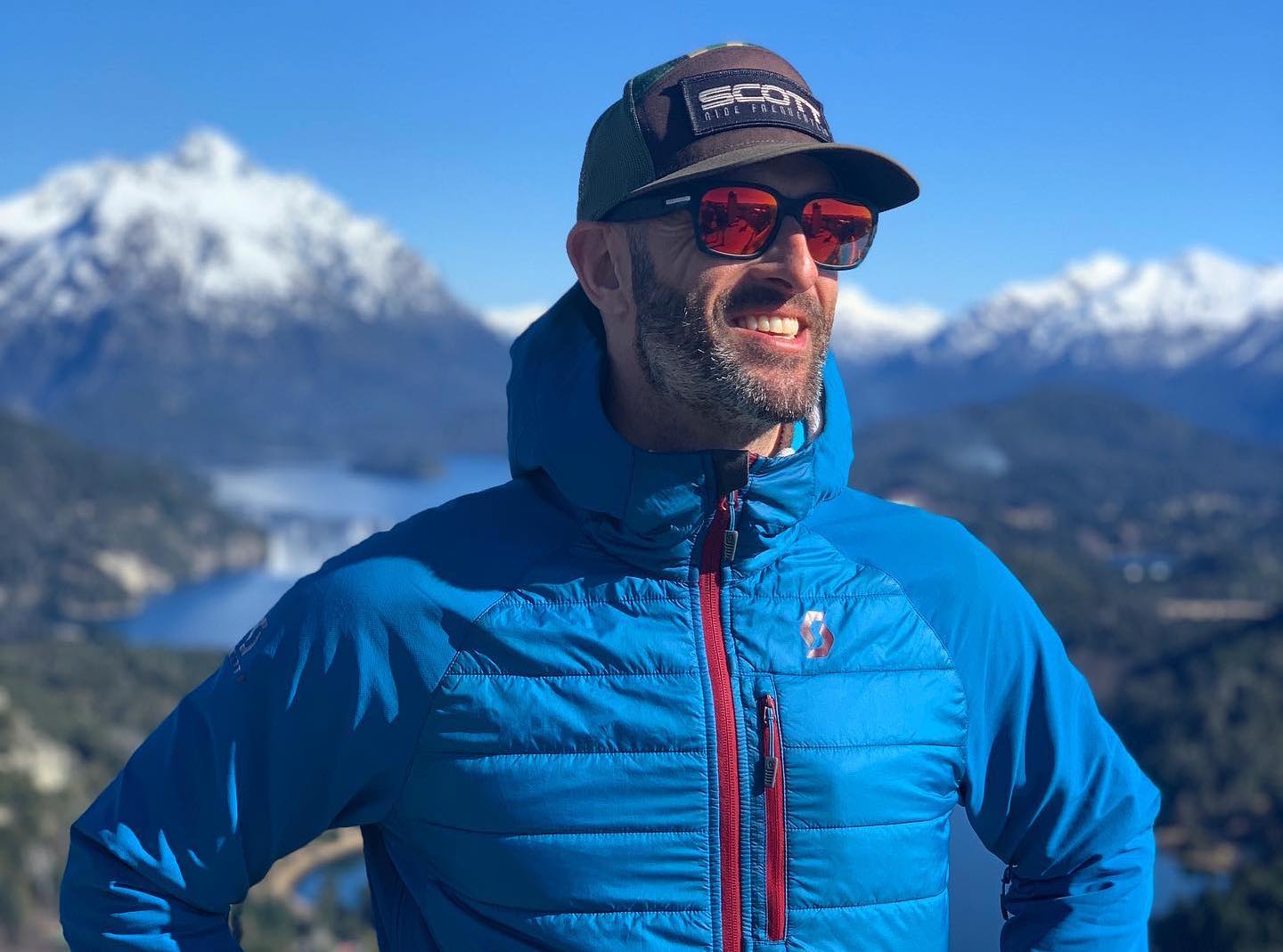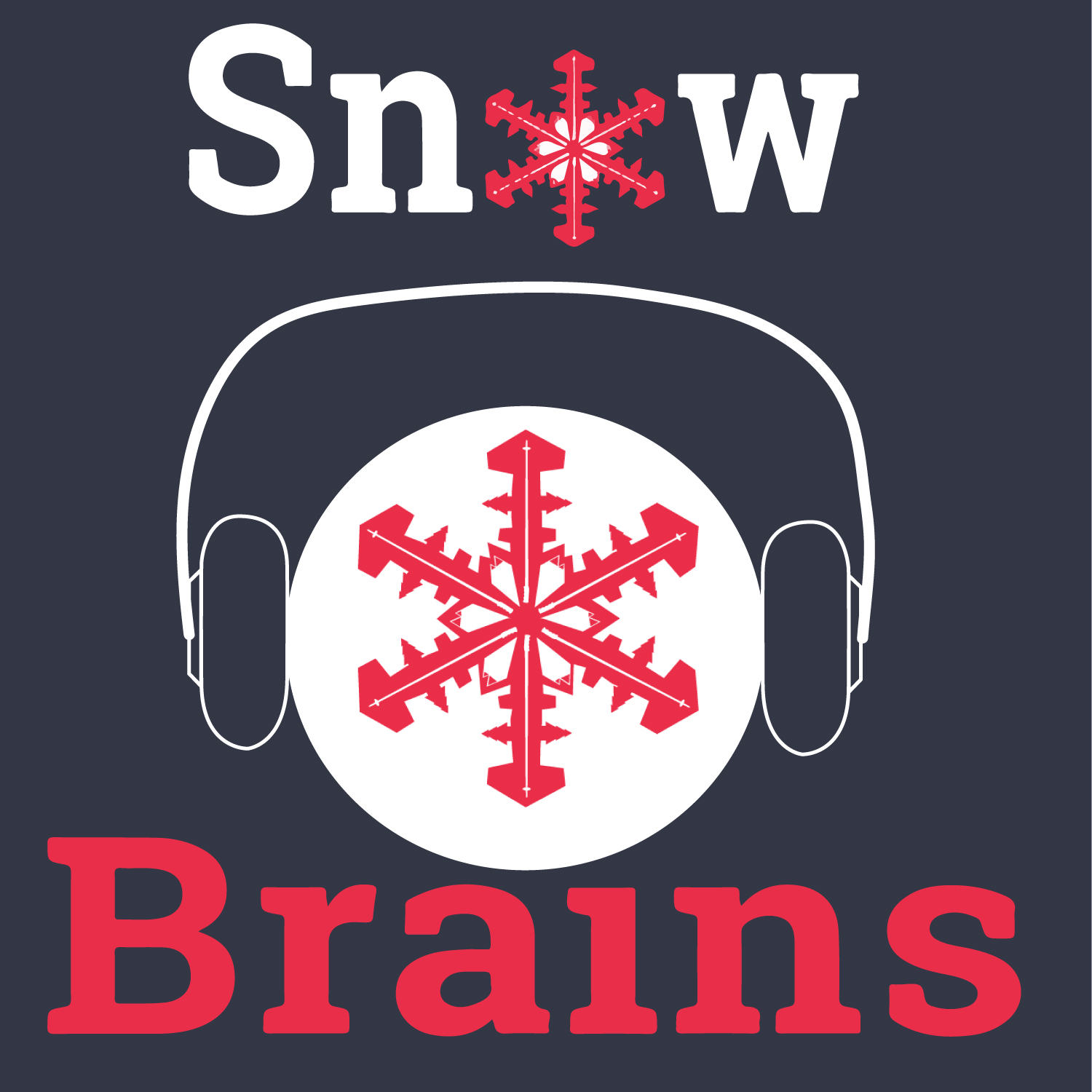
This post first appeared in Podcast Magazine and was written by Dr. Heidi Forbes Öste
The snow is falling in the Northern Hemisphere. For many, the itch to get back on the slopes is deep within the soul. We prep our gear, watch extreme ski movies and listen to weather forecasts in anticipation of the powder and sunshine.
Although many skiers start as small children, some get bitten by the bug later. That is what happened to molecular biology student Miles Clark, who was on the pre-med track at the University of California at Berkeley when he realized his passion for snow sports. Now, having figured out how to make that passion his year-round career, he presents us with the “brainy side of snow sports” via his podcast, SnowBrains.
“I really wanted to fill a niche that I thought had not been filled in the snow sports industry, which is basically bringing a more intellectual look into it.”
Miles Clark, CEO and co-founder of SnowBrains.com
The listener is carried up the lift alongside Miles and his guests—PhDs, MDs, and other industry pros and resort leaders—as they embark on conversations that take us beyond fresh tracks. All are on a shared mission to give listeners a window into the world of professional skiing from an intellectual perspective that bridges both sport and science.
The ski industry has long been at the mercy of climate, global economic, and health trends. COVID-19 has been by far the biggest health challenge they have encountered to date. As a visitor, understanding the protocols that are being put into place by resorts is hugely helpful and a relief. That said, this show explores what makes the resorts run safely and smoothly while humanizing the real people behind the scenes.
Miles asks the questions us skiers want to know: What do your reservations look like? What are your requirements with masks? What’s indoor dining look like? How are you spacing chairlifts? Are you testing your employees? And the beauty of it is that these questions as relevant to those who thought 2020-21 was the season to drop it all and become a ski bum as a “lifty” (life operator) as they are to the “holiday warrior” who dedicates his or her limited vacation time to the slopes.
The show also highlights how to balance expectations and make the most of our time in the mountains. Miles has a heartfelt approach with an emphasis on kindness and patience as we all navigate changes.
Miles is a professional skier of nearly twenty years, from backcountry guide to freeskier. He digs into his extensive network to learn from the pros.
“Going to Berkeley and studying molecular cell biology has led to some really great human connections that have been instrumental in my moving forward with my life as a pro skier and guide.”
– Miles Clark
And now, via SnowBrains, he can share those connections with his listeners.
For example, there is a two-episode interview with Andrew McLean, a big mountain scientist and ski movie veteran in which he shares his hair-raising adventures in an avalanche, as well as the science behind what causes them and expertise on related survival and loss. Trust me, this one will have you on the edge of your seat excited for more! And lucky for you, Miles doesn’t stop there.
He also provides avalanche science from several experts in the field, like Mark Staples from the Utah Avalanche Center. Mark is one of the guys who throw explosives to trigger an avalanche, so you can ski safely on the trails in their fall-line.
In another episode, Miles speaks with Dr. Ethan Greene, Ph.D., director of the Colorado Avalanche Information Center (CAIC), who reminds us that “Avalanches kill more people in Colorado than any other natural hazard.”
This podcast is not for the lazy mind or faint of heart. It is well-researched and hits on the side of snowsports that we need to hear. Most seasoned skiers, have either torn their ACL (Anterior Cruciate Ligament of the knee) or known someone who has. In one SnowBrains episode, Miles interviewed expert Dr. William Montgomery M.D., an orthopedic surgeon at Dignity Health Medical Foundation in San Francisco, California (and former team physician for the SF Giants) about why the injury happens, when to have surgery, and the road to recovery.
Although this podcast is relatively new, the content is super fresh, and the upcoming episodes have great promise. We can look forward to more from experts on climate change, sustainability, and the wellbeing of resorts and their visitors, as well as skiers (especially those in the backcountry) who are witness to the impact of climate change and thus become activists, like pro-skier Chris Davenport and Protect Our Winter’s founder Jeremy Jones. This is just a sampling of the guests Miles brings on who are dedicated climate activists in the industry.
Their emphasis on good sound quality and stimulating expert guests make it a consistent hit. It is easy to binge the whole library, which is the only downside, as it will likely leave you wanting more (like a good Netflix binge—oh, the brain science in that!).
Miles has certainly proved Powder Magazine’s Hans Ludwig wrong when he said, “You know, pro skiers aren’t that interesting because all they do is travel, ski, and recover from knee injuries.”
SnowBrains not only gets skiers stoked for the next powder dump, but it challenges them to think about the overall health of the industry long term.
Download & Subscribe to “The SnowBrains Podcast”:
- Apple Podcasts
- Spotify
- CastBox
- Google Podcasts
- Stitcher
- Podcast Addict
- Overcast
- Pocket Casts
- I Heart Radio
- Sounder.FM
